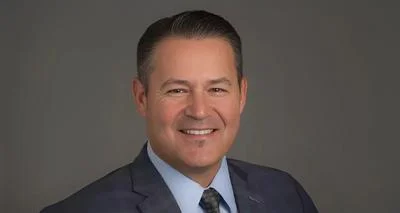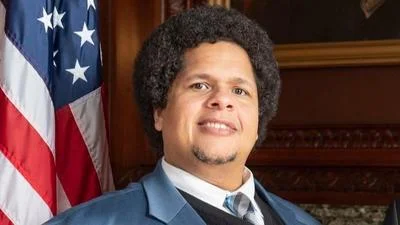The Economic Impetrative of DEI
The August edition of Eggs & Issues featured a discussion on the economic imperative of diversity, equity, and inclusion. Panelists included Wes Escondo: CEO of Big Brothers, Big Sisters of Northwestern Wisconsin and serves as chair of the Chambers DEI Taskforce; Dr. Maysee Her, CEO of the Hmong Wisconsin Chamber of Commerce; Valerie Fedie, the Market Leader for Western Wisconsin and Duluth for Wipfli and on their DEI Council; and Dr. Lynette Livingston, provost of Academic Affairs for CVTC.
The first topic of discussion was about each organization’s goals and objectives in relation to DEI. Escondo discusses the purpose of the Chambers DEI taskforce, he notes how the taskforces job was to improve the workforce by learning about DEI best practices and learning about minority businesses and the needs of the community. Escondo stated that they had three avenues in order to do this; leverage membership experiences, provide investors access to resources, people, and ideas, and to be a forum for discussion. Her explains how the Hmong Wisconsin Chamber of Commerce’s main focus is to serve underserved and underrepresented businesses in the communities they represent. She says how their goal to provide what underrepresented businesses may be missing from traditional resources such as banks for other Chambers. Fedie notes that for Wipfli it has been important to put a stake in the ground when it comes to DEI. She says “this is not an HR take, this is something that has to be entwined with everything we do.” Fedie explains how Wipfli is engaging in DEI by going through unconscious bias training, creating business resource groups, and making sure to keep employees engaged and happy. Lastly, from an education standpoint, Livingston explains that they look at their demographics of who they are serving and who they are not serving. She add that they created their DEI taskforce and are are continuing to implement the taskforces goals in academics as well and integrating it into student and faculty resources.
The panelists switch into a discussion about the big question of the day, why is DEI important to our local economy. Escondo states that the local economy hinges on the success of the businesses in the community, and for businesses to be successful they need to innovate and retain talent. He says how DEI is crucial for both of those matters. He states “if expanding the knowledge base becomes absolutely critical now for all businesses, where are we to turn. DEI has become that tool and it must be deployed.” Her adds to Escondos comments and notes that we need to think about the future along with the present. She says “if the goal is to bring people in, how do we make sure they stay? How do we make sure they are happy?” Fedie says that the biggest challenge for businesses is finding people and retaining talent. She says that “it is foundational elements such as DEI that can set you apart from your competitors” when it comes to retaining employees. On the topic of talent, Livingston explains how the workforce is changing and that CVTC is adapting to make sure they are providing adequate access to the resources necessary for anybody to succeed in the workforce.
More Information
Eau Claire Chamber: Diversity, Equity, and Inclusion Principles and Task Force
The Perspective – Chamber DEI Newsletter
Hmong Wisconsin Chamber of Commerce
Wipfli: Diversity, Equity & Inclusion
Chippewa Valley Technical College
Posted by Danya Morman, Governmental Affairs Intern
morman@eauclairechamber.org
Original source can be found here.





 Alerts Sign-up
Alerts Sign-up